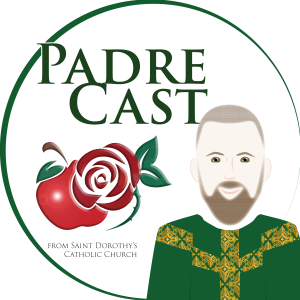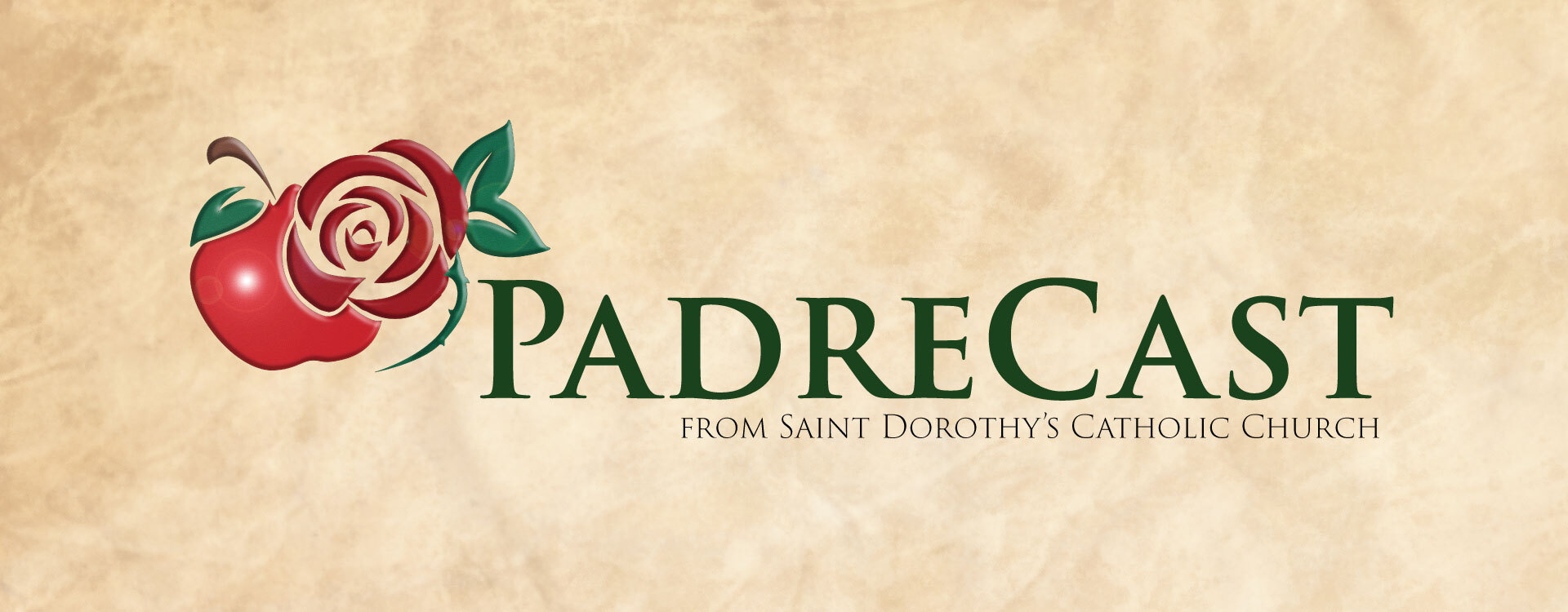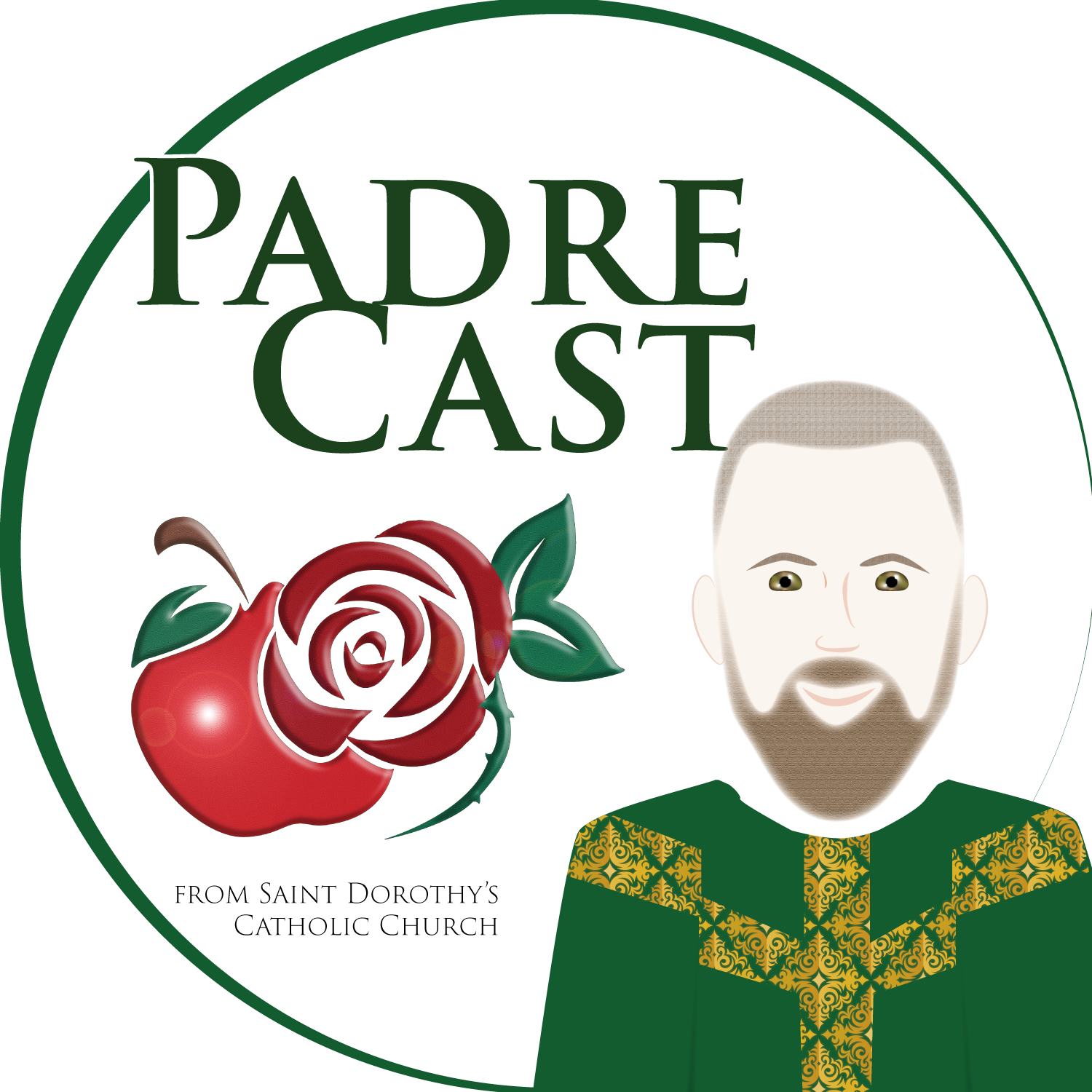Episodes

Sunday Feb 12, 2023
Sunday Feb 12, 2023
Jesus is speaking here about our final judgement. He's saying we have to get ready before we die. If we don't "settle our debt" before we go to our judgement - "the court" - we're in trouble.
So how do we settle the debt? How do we take care of these issues, these sins, which offend God, while still here in this life?
Jesus gives us the answer. He's not trying to trick or deceive us, or make the Christian life impossible. He is setting for us a very high goal: perfect love. But He knows most of us aren't going to make it. Does that mean there's no hope? No. There's hope. That's why He came. That's why He died for us, so He could still offer us hope.
In our first reading, a beautiful reading from the book of Sirach, we are told that each of us has two choices: one leads to life, the other, death.
The path to life is obeying all of God's commandments. If you do that, you'll be saved. Don't worry. That's Life.
But if you break His commandments, that's Death. You're damned, it's over. But most of us fall into that second category. Does that mean that most will not go to heaven?
Apart from Christ? Yes. Apart from Jesus Christ, no one goes to Heaven.
But with Him, even if I'm not able to perfectly follow the commandments, the Old Testament Law, let alone the New Testament law, I still have hope. And the hope is this:
He says, if you bring your gift to the altar, and there recall that your brother has anything against you, leave your gift there at the altar. Go first and be reconciled with your brother and then come and offer your gift.
The Fathers of the Church tell us Jesus is explaining to us that in order to approach the altar of God (as Catholics we know what that means) to present our gift - which is our self, that's what God wants from us, a gift of self - before we present ourselves before God, He says we need to reconcile with anyone - any "brother" - who has something against us. This refers not only to people in this life, earthly relationships and issues that you currently have, but more importantly, it refers to Jesus Christ Himself, who is our Brother.
Through baptism, we are united in the Body of Christ and Jesus call us "family". His brothers. His friends.
When we sin, we offend Him. As our God. As our Lord. And as our Brother.
He's the one we have to reconcile with before we approach the altar. He's basically saying: go to Confession.
We call Confession "reconciliation" because you are reconciling with your Brother, Jesus. He'll forgive you of your sins. Then when you come to the altar to offer your gift, it will be accepted by God.
If you refuse to do this, that's when He says: I will take you to court.
I want you to pay attention to this change of language.
In the first part of this statement, Jesus says that you have a problem with your brother, or your brother has a problem with you. So you need to go and reconcile with him. But if you don't reconcile with your brother, then he's not your brother anymore.
What does Jesus call him? Your "opponent".
If you refuse to humble yourself and reconcile with someone, you're not family anymore. You're not friends. You're not brothers. You're opponents.
God is saying if you don't reconcile with me, I am your opponent. . . .
Our Lord is offering you two options. What Sirach says: one of life and one of death.
"I can be your Brother. Or I can be your Opponent. You choose."
It is our choice.
Sir 15:15-20; Ps 119:1-2, 4-5, 17-18, 33-34; 1 Cor 2:6-10; Mt 5:17-37
You may watch the Mass in its entirety on our YouTube channel. Homily begins at 23:53
Version: 20241125


No comments yet. Be the first to say something!